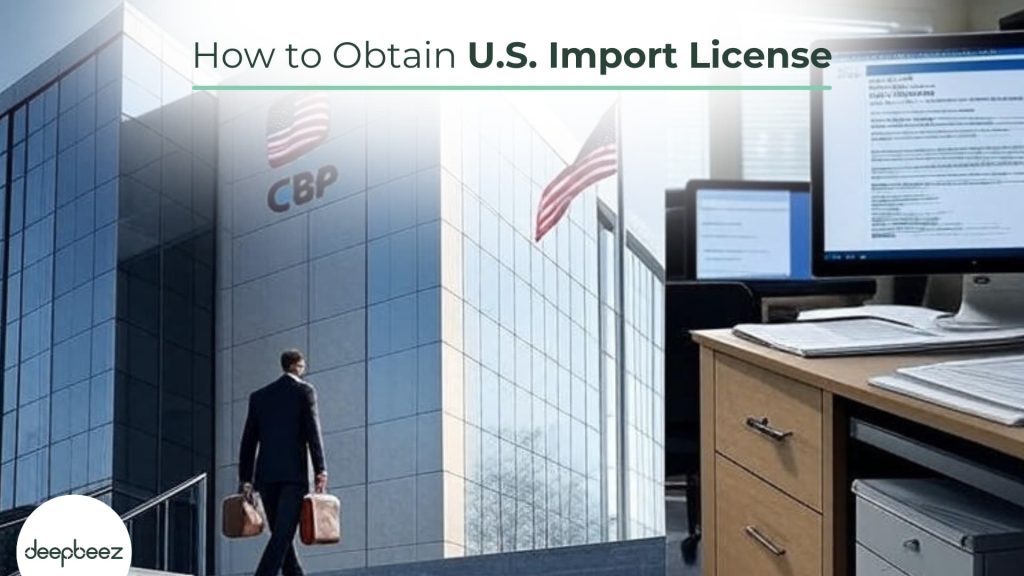Are you looking to expand your business through international trade by importing one of America top imports? How does U.S. import license come in handy? An import license is documentation that proves you are allowed to import certain kinds of items into the U.S.. Understanding import license USA is crucial for your success. As your trusted advisor in the import/export industry, we’ve created this comprehensive guide to help you navigate the sometimes confusing world of import documentation.
